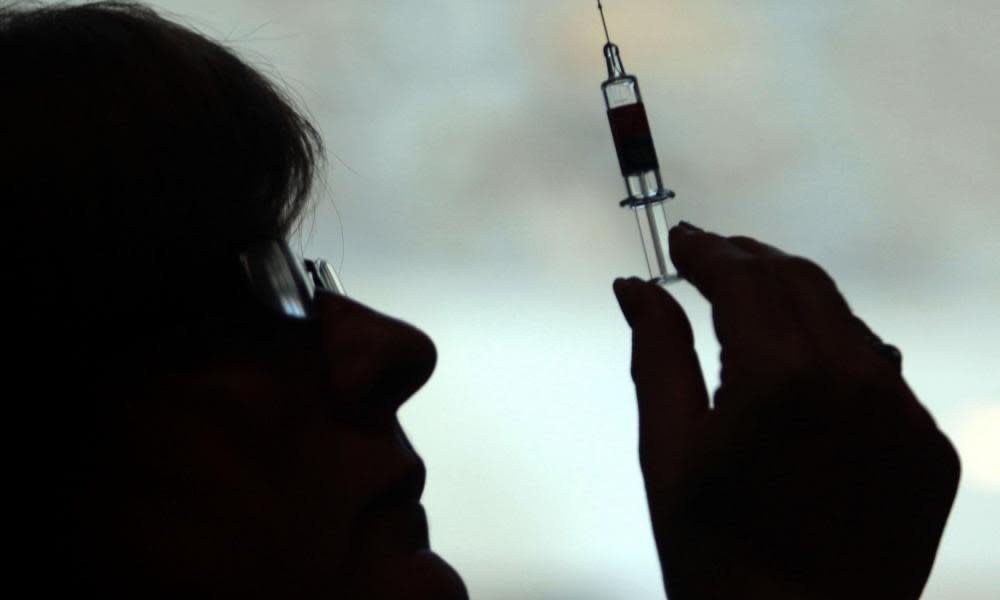Are we near to having a vaccine for Covid-19?

In March, Boris Johnson said we would turn the tide in 12 weeks and “send the coronavirus packing” and by May ministers were boasting of having a vaccine by September. Last week the prime minister sounded far less confident, telling MPs that there was still no vaccine for SARS, 18 years after it emerged. A vaccine may not be far away though.
Studies
The World Health Organization is tracking 196 vaccine studies. Of these, 42 are undergoing clinical trials on humans, and eight are in phase three: large-scale trials to test their effectiveness. AstraZeneca and the University of Oxford have developed a vaccine based on a virus taken from chimpanzees, but the trial stopped for a week after one volunteer fell ill – it is continuing in the UK but not the US. Another, Novavax, is launching a larger phase three trial after a study of 10,000 volunteers in the UK.
China and Russia have already approved some vaccines for limited use. The Wuhan Institute of Biological Products has a vaccine being used on health workers in the United Arab Emirates, and says the Chinese government has approved its use in more than 100,000 people. CanSino Biologics is testing its vaccine on Chinese soldiers. Vladimir Putin has been using the pandemic for propaganda: he claimed the Russian Gamaleya Research Institute’s vaccine was approved in August (it wasn’t), named it “Sputnik V” and is believed by the Foreign Office to have authorised a disinformation campaign targeting the AstraZeneca trials.
The chair of the Vaccine Taskforce, Kate Bingham, says there is a “slim chance” a vaccine might arrive by Christmas. But she expects it to be here by “early next year”. The Medicines and Healthcare products Regulatory Authority must approve any vaccine first, and then it needs to be manufactured and distributed. Pharma firms have already made millions of doses of some of the drugs in trial, but distribution may be more complicated. Many vaccines need to be kept chilled before use, so seven “Nightingale Vaccination Centres” have been found, including Leeds Town Hall and Woking Leisure Centre, according to the Economist.
Will I be vaccinated?
It depends: are you elderly, classed as clinically extremely vulnerable or work for the NHS? If so, then you are likely to be at the head of the queue. But younger and fitter people who are not essential workers will probably need to wait much longer.
Luminaries such as Sir Jeremy Farrar, the director of the Wellcome Trust, have pointed out that it would be immoral for richer countries like the UK and US to hoard vaccines while others fight for scraps. Farrar believes only 20% to 30% of the UK will need a vaccine initially.
Silver bullet?
We can’t be sure that vaccines will mean an end to lockdowns. Scientists advise politicians to lock down to prevent the virus spreading so fast that hospitals run out of beds to treat the sick – whether they have Covid-19 or another life-threatening illness. The first vaccines may only be partially effective, and may not protect everyone. Flu vaccines are only 50% effective, Bingham said last week. We may need masks and social distancing until at least July 2021.

 Yahoo News
Yahoo News 
